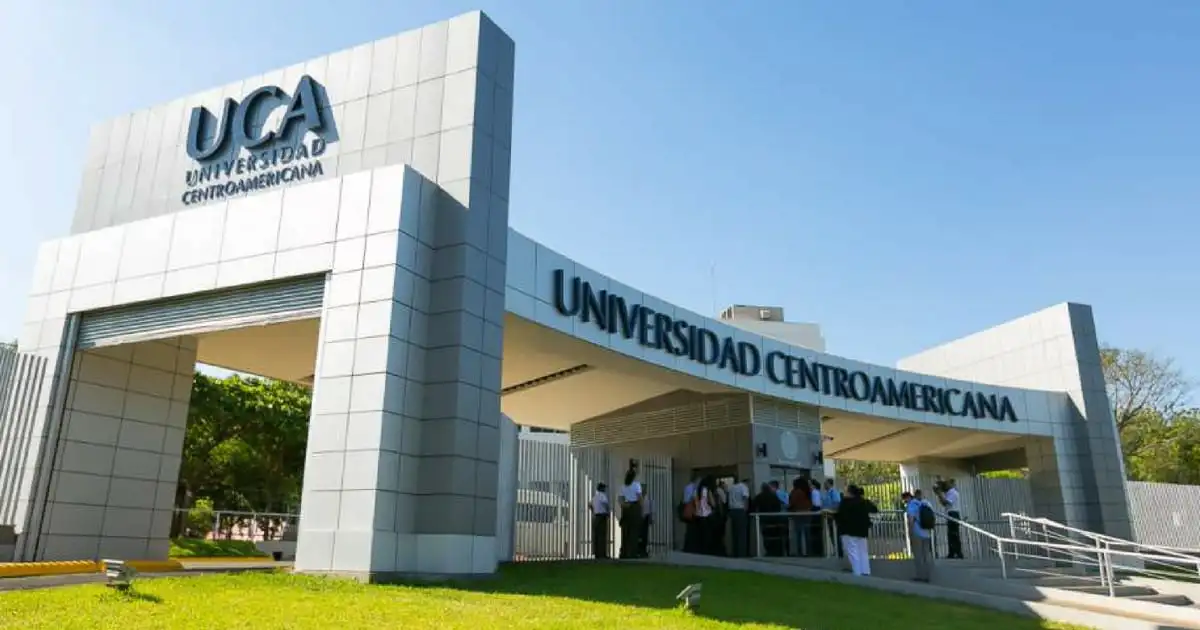Nicaragua’s leadership has closed Managua’s Central American University (UCA). The official newspaper, La Gaceta, claims the university encouraged violence.
Juan Carlos Arce, a rights advocate, worries about the country’s reduced spaces for open thinking.
Five years ago, students protested against the leadership at this university. Maria Gómez, a UCA student, spoke to the LA Times about it.
She praised the university’s unique approach to teaching. Now, over 5,000 students see their school renamed to the ‘National University Casimiro Sotelo’.
A national council will now oversee it. Arce notes that other groups and schools have faced similar actions.
Jose María Tojeira, a spokesperson, says universities often face challenges in strict rule settings.
Other nearby countries’ universities might take in Nicaraguan students. The Latin American and Caribbean Episcopal Council (CELAM) shared this news.

Changes in Education
The Centre for Transdisciplinary Studies of Central America (CETCAM) reports on changes in Nicaragua’s schools since 2018.
The report suggests the changes could impact future generations.
International teachers have shared their concerns. Fátima Ortiz, a rights advocate, stresses the importance of education for a country’s growth.
From 2021 to August 2023, Nicaragua changed the status of 29 private universities. They now call them public but still charge students fees.
María Asunción Moreno, a former UCA teacher, expresses worries about these changes. She fears they might harm open thought and education.
Background
The closing of the UCA is not an isolated incident. The Centre for Transdisciplinary Studies of Central America (CETCAM) has monitored educational changes since 2018.
Their report warns of long-lasting impacts on future generations.
International educators voice similar worries. Fátima Ortiz, another human rights advocate, emphasizes how crucial education is for national progress.
Since 2021, Nicaragua has altered the status of 29 private universities, rebranding them as public while still requiring tuition fees.
María Asunción Moreno, a former UCA professor, fears these changes will erode both quality education and the freedom to think critically.
The ongoing educational changes in Nicaragua paint a worrying picture. They suggest a systematic attempt to stifle intellectual freedom and dissenting voices.
The international community watches closely as these events unfold amid growing global concern.

